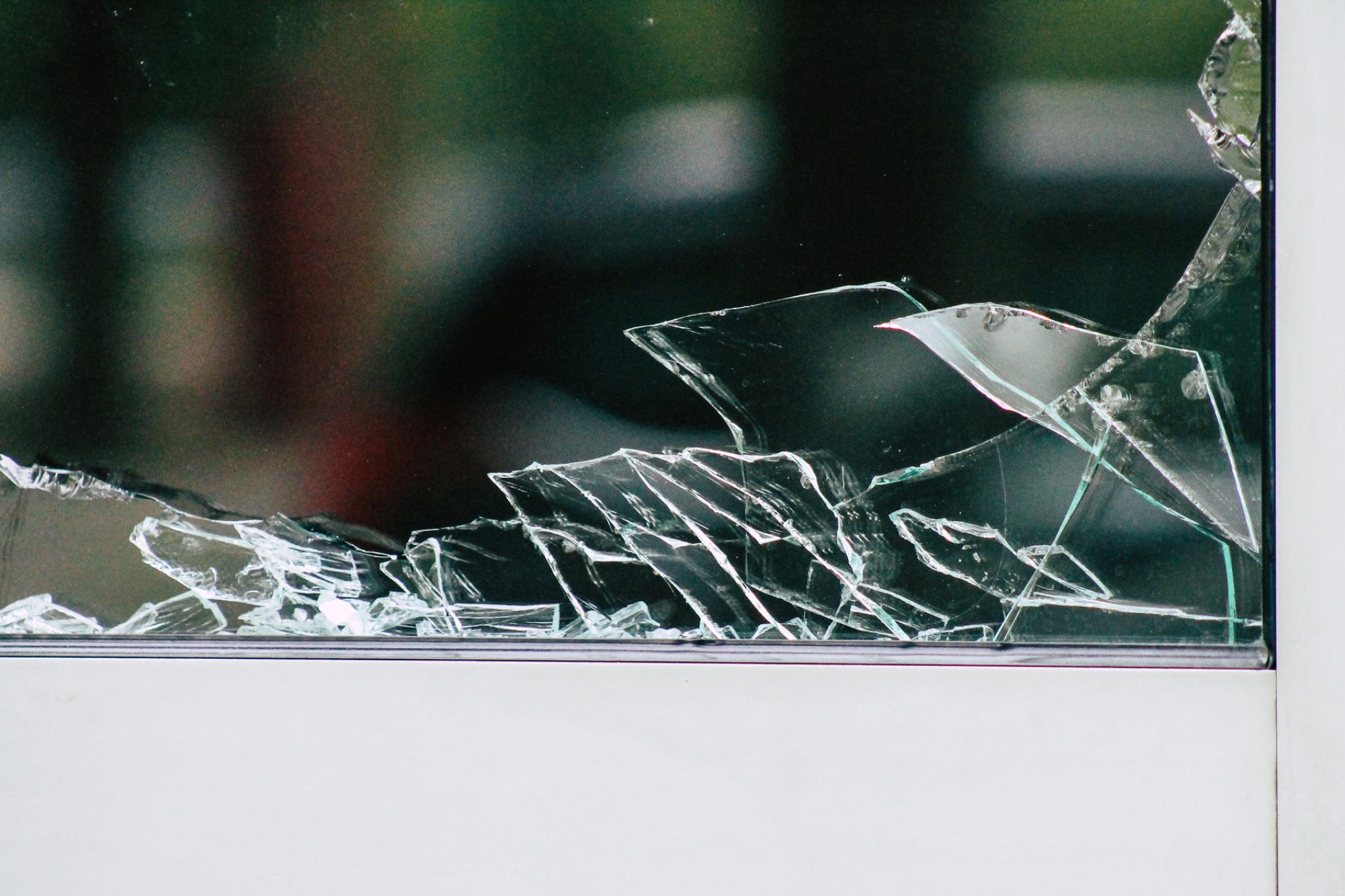The Skeptical Foundations of Social Trust

In a recent column, Tim Hsiao argues that we should endorse the “presumptive reliability” of police because:
Social trust is the foundation of everyday life. We trust that people mean what they say in contracts, that businesses honor transactions, that doctors give honest diagnoses, and that countless routine interactions are based on good faith. Without this basic presumption, voluntary exchange collapses, institutions grind to a halt, and every interaction becomes a negotiation over proof.
As a lawyer, I could only smile reading these words, because I practice in precisely those areas — commercial litigation and medical malpractice. In a sense, Hsiao is right: in everyday life, we routinely presume that others will act in good faith — sort of. But particularly in areas like contracts, business transactions, and other interactions with strangers, that “trust” is undergirded by three things: (1) our awareness that should others act in bad faith, we have a remedy — specifically, a legal remedy; (2) others’ awareness that we have that remedy; and (3) our awareness of (2). Our trust in others, particularly strangers, is possible only because we know that the law makes the cost of bad faith prohibitive. And of course, in reality we know that people sometimes cheat anyway, so we often are wary of entering into contracts and other transactions. Companies spend billions in lawyers’ fees and other costs vetting their prospective agreements and the people on the other side of the table.
Social trust is only possible if underwritten by the iron rules of law — the dictates of the state, backed by the threat of force. In addition, the existence of the law itself expresses an immutable skepticism about our own fellow citizens’ honesty and integrity. To see why, imagine instituting a rule requiring your partner to pay a $1500 fine for infidelity. Surely, such a rule does not bespeak trust in one’s significant other. Rules of law are deterrents to bad action, so the imposition of law implies a sense that bad action is afoot.
There is a tradition of thought that contrasts social trust and law. It is easy to see why: the law is not expressive of trust. But as I suggested above, the law enables social trust by assuring us in our everyday interactions that others can usually be trusted. This is true even in Hsiao’s case of the rule giving presumptive credibility to police testimony regarding the existence of probable cause. The only reason the law extends this presumptive credibility to the officer is because a police department is (or should be) a highly regulated organization. Those legal and regulatory safeguards are all supposed to ensure that a police officer’s testimony will generally be reliable—because the officer is well-trained pursuant to regulations, because the officer is subject to reviews and disciplinary procedures, because the officer, in the end, is not above the law. Again, the fruit of skepticism is trust.
This line of reasoning also shows why the rule giving presumptive credibility to a 9-11 caller is very different from the one giving presumptive credibility to a police officer’s testimony regarding probable cause, even if both are reasonable. We extend presumptive credibility to a 9-11 caller because we want the police to err on the side of over-responsiveness to citizens’ distress calls. That is the policy rationale underlying the rule. There is, by the way, a law against giving a false report to the police, which could include a fake 9-11 call. That legal threat is another guarantor of credibility. By contrast, we give presumptive credibility to a police officer’s testimony because police officers are (or should be) members of a highly-regulated government agency, and the many procedural safeguards in place to regulate their conduct are supposed to ensure that they are conducting themselves in good faith. That, plus the necessity of relying upon police officer testimony to effectively enforce the criminal law, may justify the rule of presumptive credibility. Thus, Hsiao may be mistaken in thinking that logical consistency demands that we extend presumptive credibility in both cases or none, because the underlying policy rationales in these cases are very different.
The rule of law is thus the rule of a skeptic. Yet, while skeptical about our own fellow citizens’ honesty and integrity, the law is the midwife of social trust — if instituted legitimately and administered justly. That is a big “if.”
Here again, though, skepticism is part of the answer. We don’t trust our officials enough not to jealously guard the power to throw them out of office should they cross us — not in a democracy. The power of the vote implies a suspicion of power. Thus, the skepticism of the voters is, in theory, the ultimate guarantor of a well-functioning democracy. Another mechanism common to many liberal democracies is a scheme of divided powers. Again, such a scheme is premised on the expectation that people with power will try to abuse it.
Where Hsiao sees a threat to social functioning if skepticism run rampant, I see that the most successful societies in the world are also the most law-bound. A law-bound society is not one that takes its members’ good faith for granted. It is one that provides remedies for their bad faith — remedies that inflict significant pain on the wrongdoers. The relatively just, impartial administration of those remedies underwrites social trust. I also see that the most successful societies are liberal democracies, whose electoral mechanisms and schemes of divided powers are premised on the expectation of abuses of power. In short, social trust flourishes in societies under the rule of law because the law keeps people honest.




